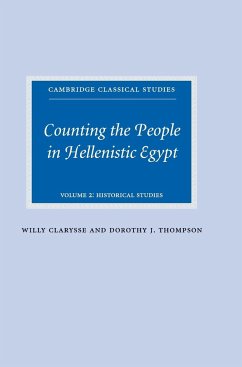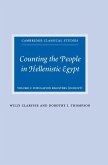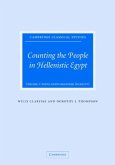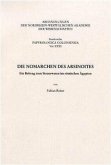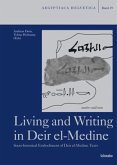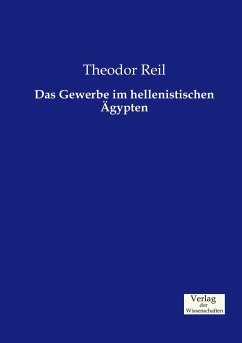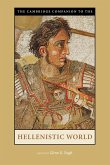Important new study of the economic and social history of Ptolemaic Egypt, based on the salt-tax registers of P.Count.
This book consists of two closely related parts. Volume I publishes fifty-four Ptolemaic papyri from the Fayum and Middle Egypt, with English translations and extensive commentaries. Volume II uses these texts, created for purposes of taxation, to provide historical studies analysing fundamental aspects of Ptolemaic Egypt.
Hinweis: Dieser Artikel kann nur an eine deutsche Lieferadresse ausgeliefert werden.
This book consists of two closely related parts. Volume I publishes fifty-four Ptolemaic papyri from the Fayum and Middle Egypt, with English translations and extensive commentaries. Volume II uses these texts, created for purposes of taxation, to provide historical studies analysing fundamental aspects of Ptolemaic Egypt.
Hinweis: Dieser Artikel kann nur an eine deutsche Lieferadresse ausgeliefert werden.
Review of the hardback: 'Good books are common. Great books are rare, and rarer still are great books that have the potential of moving scholarship in a new direction. Such a work is Counting the People in Hellenistic Egypt ... By reconstructing 427 households containing 1,271 adults and situating them in their socio-economic context, they have laid the indispensable foundation for all future studies of the social history of Ptolemaic Egypt. All historians of Hellenistic Egypt are in their debt.' Ancient West and East

